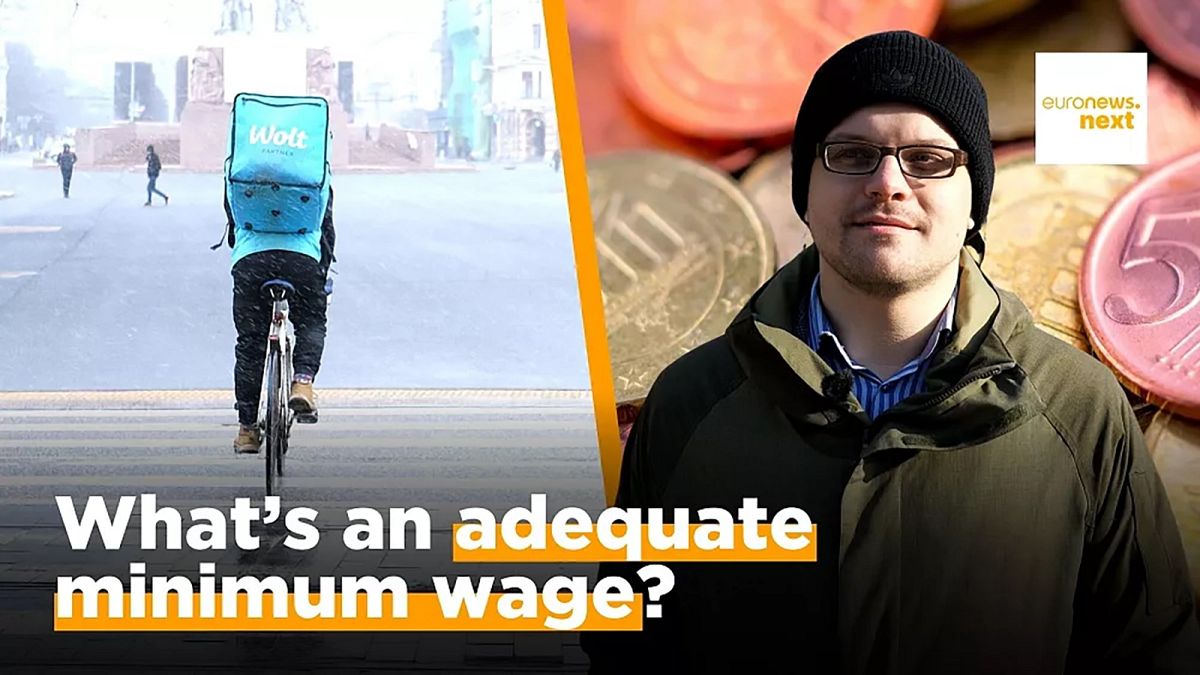Across the EU, the level of minimum wages varies greatly from country to country, ranging from €399 per month in Bulgaria to €2,387 per month in Luxembourg. How do you set an adequate one? We spoke to Martins Svirskis, an economic policy adviser for the Free Trade Union Confederation of Latvia.
Across the European Union, the level of minimum wages and the coverage of workers by collective agreements vary greatly from country to country.
In January 2023, minimum wages in EU member states ranged from €399 per month in Bulgaria to €2,387 per month in Luxembourg.
This is in part due to the very different labour market models and different income levels in each country.
In October 2022, the European Council adopted new rules on adequate minimum wages to improve working and living conditions for employees in Europe.
Currently, in 14 EU countries, the monthly gross minimum wage is below €1,000. In nine of these, it is less than or equal to €750.
Latvia is one of them, with a minimum wage currently set at €620.
Why is it important for the economy to have an adequate minimum wage? And how should it be set?
We spoke to Martins Svirskis, an economic policy adviser for the Free Trade Union Confederation of Latvia (LBAS), the biggest non-governmental organisation in the country, whose work is to protect workers’ rights and improve labour conditions, such as salaries, social insurance, healthcare, employment and vocational education.
To find out more, watch the video above.



